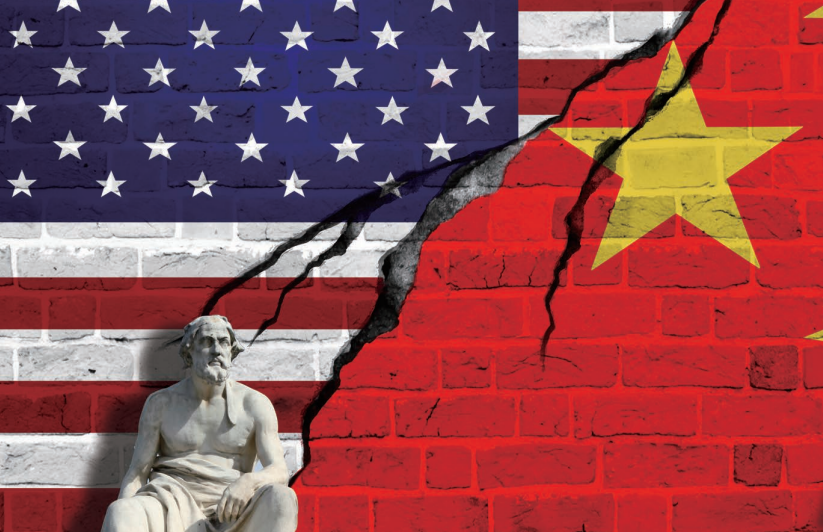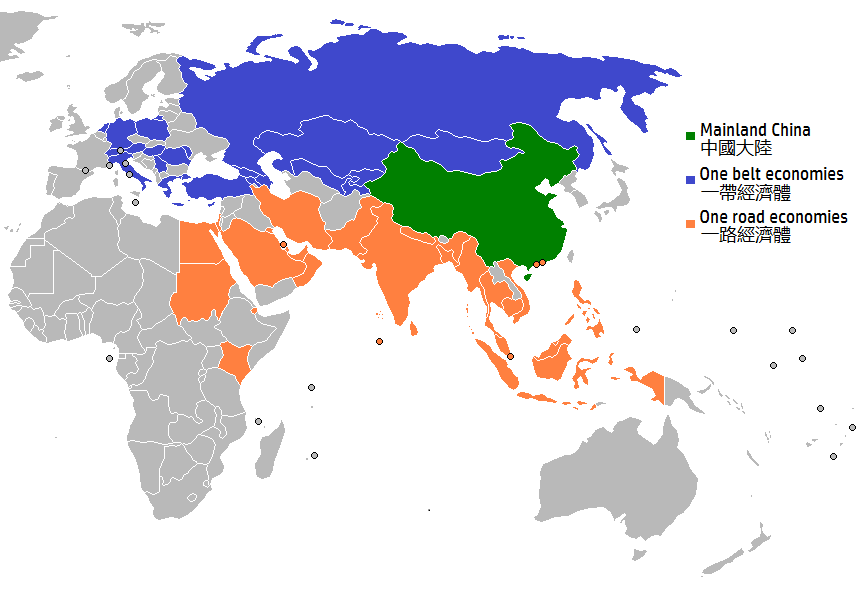Dong Chunling, Deputy Director, Office of the Center for the Study of a Holistic View of National Security, CICIR
Oct 03, 2022
The U.S. strategic community’s assessment of America’s China policy can make a major difference in bilateral relations. Crises have a double edge: They provide challenges but also opportunities. Whether or not U.S. leaders will listen to the experts remains an open question.

Zhu Feng, Dean of School of International Studies, Nanjing University
Sep 30, 2022
Major-country relations are changing dramatically. Chinese academics and political leaders should conduct an in-depth analysis of what China faces. The United States has already started a new Cold War in regional and global industrial chains.
Victor Zhikai Gao, Chair Professor at Soochow University, Vice President of CCG
Jul 16, 2021
There is just one conclusion to be drawn from the geopolitical confusion created by Washington’s maximum confrontation policy: Rather than war, China and America are actually destined for peace. This is the true mega trend in bilateral relations.
CCG, Center for China and Globalization
Apr 20, 2021
A Dialogue Between Graham Allison, and Wang Huiyao On April 6, the Center for China and Globalization (CCG) hosted a virtual dialogue between Professor Graham T
Richard Javad Heydarian, Professorial Chairholder in Geopolitics, Polytechnic University of the Philippines
Apr 17, 2021
Despite a confrontational summit in Alaska, the U.S. and China lack the military appetite for a new “Cold War.” The reality is both sides have more to lose from a direct confrontation then they could gain.
Tom Watkins, President and CEO of the Economic Council of Palm Beach County, FL
Aug 26, 2020
It’s no surprise that China wants to regain its place as the world’s number one superpower. If the U.S. seeks to remain top, it must move with the times.

Zhao Qizheng, Dean of the School of Journalism, Renmin University
Jul 14, 2020
A desire for all-around containment of China by the United States — pushed by hawkish political elements — is a major error that only boxes the two countries into the so-called Thucydides trap. Conflict will have no winners.
Yu Yongding, Former President, China Society of World Economics
Kevin P. Gallagher, Professor of Global Development Policy, Frederick S. Pardee School of Global Studies
Apr 27, 2020
As Graham Allison of Harvard University has warned, “when a rising power like Athens, or China, threatens to displace a ruling power like Sparta, which had been the dominant power in Greece for a hundred years, or the US, basically alarm bells should sound.” Nowadays, the alarm bells are sounding so loud that they are drowning out ideas that would allow the United States and China to escape what Allison called the “Thucydides Trap.”

Steven Yang Yue Heng, Yenching Scholar, Peking University.
Feb 13, 2020
China’s rich trove of ancient wisdom expands the imagination about global governance. Its perspective deserves a place at the table. After asking what our current world is, we must not forget to ask ourselves what the future world could be.
An Gang, Adjunct Fellow, Center for International Security and Strategy, Tsinghua University
Jun 04, 2019
As America’s China policy turns from engagement to competition, Beijing must face facts: Trump or no Trump, the US has reached bipartisan consensus on containing China. How should Beijing respond? Where will the current confrontation lead? In crafting a new strategy towards the US, China must consider the ultimate goal of its rise, and how America fits into the big picture.
Back to Top

- China-US Focus builds trust and understanding between the U.S. and China through open dialogue among thought leaders.
- Our Offerings
- Topics
- Videos
- Podcasts
- Columnists
- Research Reports
- Focus Digest
- Stay Connected
-
Thanks for signing up!
- Get the latest stories from China-US Focus weekly.